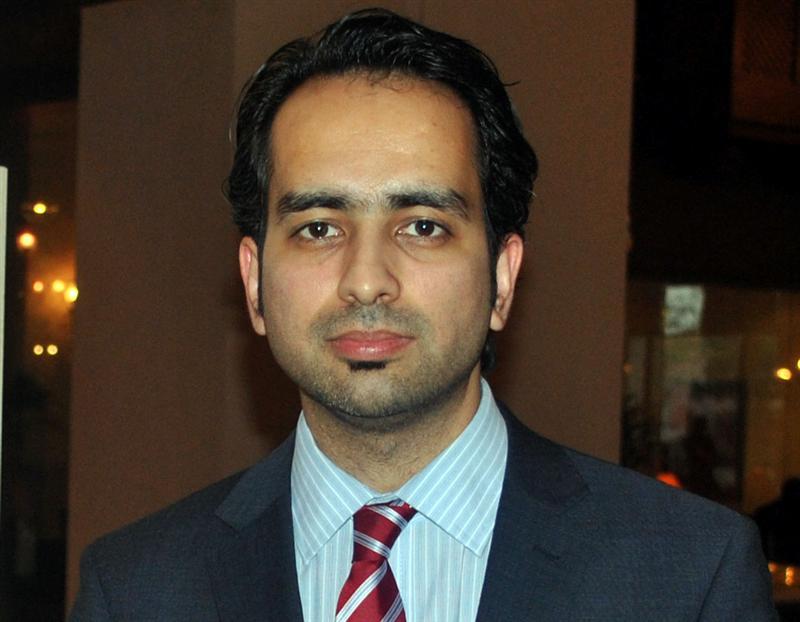KABUL): The Afghan government on Tuesday listed a halt to nighttime raids and the transfer of coalition-run prisons to its control as key conditions for a strategic cooperation deal with the United States.
The reaffirmation of the terms comes two days after Senator John McCain, flanked by four other US lawmakers, told a news conference in Kabul that NATO-led forces should continue with nighttime raids that would not damage the strategic agreement.
The raids were important as 80 percent of militants were arrested during the operations, McCain said, adding Afghan forces had also been taking part in the offensives over the past 90 days. “Night raids are also important to cut causalities among the forces.”
But Aimal Faizi, a spokesman for the president, told Pajhwok Afghan News the government’s stance on night raids remained unchanged. The US had already been asked for an end to such operations and the transfer of the Bagram prison ahead of the pact, he said.
“Problems in this regard must be resolved by the two sides before the signing of the agreement,” Faizi added.
Despite strong opposition from President Hamid Karzai, ISAF said two months ago that US-led forces would increasingly take the lead in night raids, insisting that not a single shot was fired in 85 percent of such operations.
President Karzai strongly criticised an ISAF raid on the house of a senior counternarcotics official in southeastern Paktia province two months ago. The official was arrested and his seven-month pregnant wife killed.
Faizi said it was the government’s responsibility to accept resolutions passed a few months ago by the Loya Jirga (the Grand Assembly) on the strategic agreements with foreign countries, especially with the US.
However, political analysts view the US insistence on night raids as an excuse to delay the pact. Ahmad Wahid Muzhda, a political commentator, predicted the US would continue to delay the agreement until it reached a settlement with the Taliban.
The Taliban set foreign forces’ withdrawal as a precondition before holding talks with the US in the past, but Muzdah said Washington was hopeful of the militants watering down their stance on the pact allowing American forces to stay in Afghanistan for another decade.
Another political analyst, Ahmad Saeedi, also believed foreign troops would continue with night operations despite aversion from the Karzai government, which would finally change its stand and the agreement would be signed.
But Faizi called the analysts’s remarks as their personal views. He promised the incumbent administration would cling to its position on the issue.
mas/ma/mud








GET IN TOUCH
NEWSLETTER
SUGGEST A STORY
PAJHWOK MOBILE APP